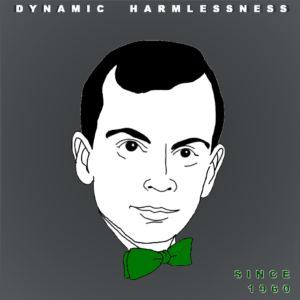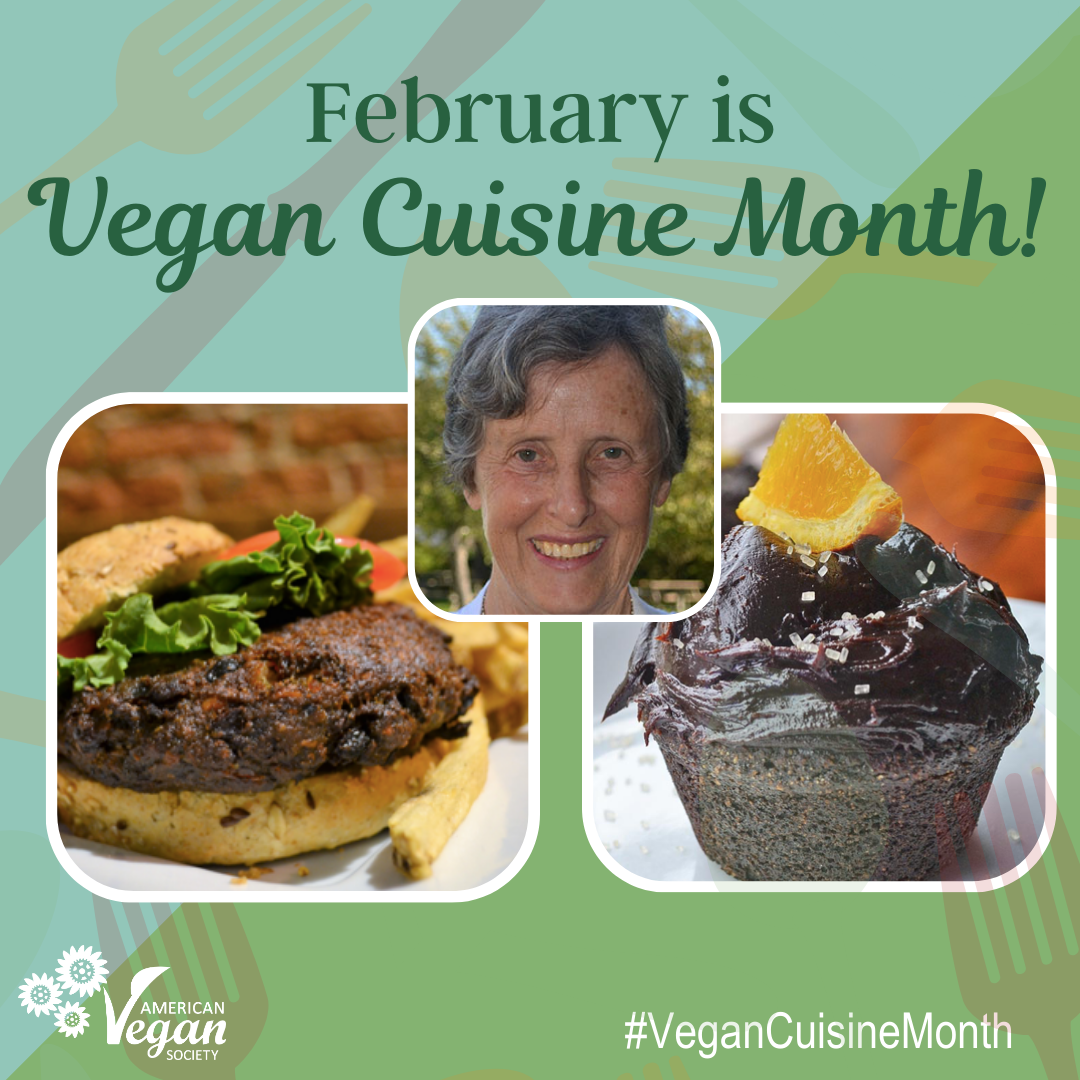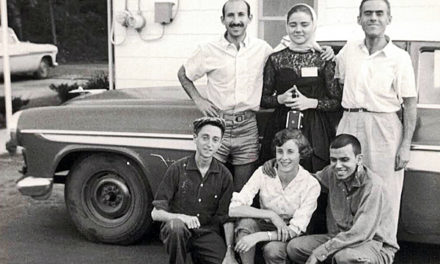 Like most people, AVS founder Jay Dinshah was inspired by the pioneering work and ideas of Mohandas Gandhi. Unlike most people, Jay devoted a great deal of effort to further the reach of those ideas and that work.
Like most people, AVS founder Jay Dinshah was inspired by the pioneering work and ideas of Mohandas Gandhi. Unlike most people, Jay devoted a great deal of effort to further the reach of those ideas and that work.
He called Gandhi “an enlightened soul who believed in active service and work to help relieve the suffering of the world.” That work, as Jay understood, should be done “through the methods of nonviolence and with patient understanding,” using “the powers of love and compassion, never the negative forces of hatred and selfishness.”
And so an overarching project of Jay’s was to bring Gandhi’s working principle, ahimsa, into the American vernacular. Here’s how he explained it in his forward-looking book Out Of The Jungle of the 1960s (republished in his 2014 Powerful Vegan Messages):
Ahimsa is a sanskrit term that literally means nonharming. Until the twentieth century it was considered mainly if not entirely in its negative, of “thou shalt not,” aspect. Mahatma Gandhi stressed the positive aspect of constructive loving action. Today we consider it in its fullest positive aspects as well as negative and explain it as “dynamic harmlessness.” It means to go through life doing the least amount of harm, hurting, killing, as possible; and it means to do the most amount of helping, assisting, and benefiting, of others as possible.
Dynamic Harmlessness Day celebrates this aspect of Jay’s legacy, appropriately on his birthday. It is a comprehensive philosophy based on doing more than simply avoiding, but rather actively striving to “live up to truth” and help other beings, whether human or not.
Jay’s explanation starts in the human realm. He said living up to truth “means that we cannot color our dealings with others — our friends, family, business acquaintances, other races, other nations, people of other religions and beliefs — according to our own prejudices.” Instead, we must “view any situation impartially, not merely from our viewpoint but also from the other person’s.”
A “person” usually means a human, but in his ‘Jungle’ essay Jay asks us to widen our scope: “We are not the only creature with feelings and emotions, family ties, a sense of right and wrong, or thinking ability.” And, he added, “if humanity does possess some capabilities in a higher degree, then it is our duty to use them for world betterment.” Viewing nonhuman animals as our lessers and mistreating them, he said is “a case of stark, ruthless use of brute force and power for self-gain at the unjust expense of other creatures.”
But Jay zoomed out even further, showing the interconnection of our actions with the interests of all life on this planet. Long before the connection between animal agriculture and global warming was proven, and before minimizing one’s “carbon footprint” became a common catchphrase, Jay warned that it was “obvious that our human greed and selfishness have brought us perilously close to the brink or disaster and even extinction.”
He noted that our “much-trumpeted ‘conquest of nature'” seeped into all aspects of daily life, including “denuding the land of forest and field cover, dousing it with toxic materials to create a bugless and perhaps eventually lifeless world, and habitually using poisons for everything from setting hair curls to killing weeds.” And he cited Dr. Albert Schweitzer and others in reference to “walking lightly upon the Earth” to leave the “shallowest footprints possible.”
Doing the least harm and the most good then becomes a powerful and inspiring goal, dynamic harmlessness, with veganism as a key method for working toward it. Jay drove this message home: “We are nothing if we do not have ideals and aspire to live up to them, however imperfectly as yet. It is said that practice makes perfect. Perhaps a whole lifetime may be insufficient to attain such a degree of perfection in harmlessness. That is all the more reason to at least get started on this path right now.”




